|
Part of the pension income test should be reviewed to better reflect Australia's record low interest rates, according to federal Labor.
But Human Services Minister Anne Ruston says she has already sought advice on whether any changes are necessary in light of this week's interest rate drop. The opposition wants the government to review pension deeming rates, which are used in the income test to assume how much people are earning on their financial investments. The deeming rates for the pension are as high as 3.25 per cent. They haven't been updated in more than four years, when the Reserve Bank of Australia's official cash rate was 2.25 per cent. The interest rate, which reflects what the central bank charges commercial banks on overnight loans and influences other interest rates, was reduced this week to 1.25 per cent. A lower rate, aimed at stimulating the economy, is typically considered good news for mortgage holders but not so great for savers. Labor's human services spokeswoman Linda Burney says with standard term deposits now earning two per cent or less, it's clear the deeming rates aren't keeping up with what pensioners are earning. "This week, the treasurer demanded banks pass on the Reserve Bank’s rate cut to home loan customers in full," she said in a statement on Sunday. "Why won’t he do the same for pensioners? It’s hypocrisy." Senator Ruston says the government is already checking whether the rates are right, as it always does when the interest rate changes. "As is usual practice, I have already asked my department to provide advice on the current deeming rate settings following the Reserve Bank’s decision to reduce the official cash rate," she told AAP in a statement on Sunday. Social media executives whose websites broadcast horrific terror attacks could face jail or billions of dollars in fines under new laws.
The Morrison government rushed the laws through parliament after the Christchurch terror attack was broadcast live by the shooter on Facebook. The tech industry says the changes "create uncertainty" for the industry in Australia, but Attorney-General Christian Porter rejected that as scaremongering. "This is what they said before the cyber-bullying requirements and regulations, this is what they said before the E-Safety Commissioner, this is what they said before the takedown notice (laws) - they're all still here," Mr Porter told reporters in Canberra on Thursday. Mr Porter said website executives could face jail, depending on the circumstances, as well as massive fines. "Facebook, if they allowed this to happen again in commensurate similar circumstances, could potentially face a fine of up to 10 per cent of their turnover," he said. The laws passed parliament with Labor's support, as part of its commitment to bipartisanship on matters of national security. But shadow attorney-general Mark Dreyfus is not happy about the "ridiculous timeline" they had to consider the changes, which the party first saw on Monday afternoon. “This bill is clumsy and flawed in many respects," he told parliament. If Labor wins the next election the laws will be referred to the powerful intelligence and security parliamentary committee and potentially amended. Communications Minister Mitch Fifield said the coalition would send the laws to the Senate communications committee after the election. He also promised the committee would "look at the role of these platforms as publishers". Digital industry lobby group DIGI said the laws are out of step with regimes in Europe and the United States. "(It's) therefore bad for internet users as it encourages companies to proactively surveil the vast volumes of user-generated content being uploaded at any given minute," managing director Sunita Bose said. The laws are targeted at instances where perpetrators of crimes upload video of them. "It's not going to take a lot of particular nuanced judgement to work that out. This is footage of rape, murder, torture or kidnapping," Mr Porter said. The Law Council of Australia said the laws were rammed through in 24 hours without scrutiny and consultation. “Important news can be censored across social media platforms, which is contrary to the democratic principle of a free press, which exists to hold governments to account," president Arthur Moses said. But Senator Fifield said there were exemptions for journalists doing their work, and the law would not impact on human rights advocates. Media companies already have codes of practice that prevent them from showing footage of murder, rape, torture and kidnapping. "The law has to be the same for everyone," Mr Porter said. No regret or bitterness, no could've beens or wannabes, but a new chapter for Christopher Pyne.
More than half of his life has been spent in federal parliament, and the 51-year-old rolled through some achievements as he announced his retirement on Saturday. Establishing Headspace, the youth mental health network. Building submarines in Adelaide. Creating a national innovation strategy. Literacy and numeracy tests for teachers. "I've certainly had a go," Mr Pyne told reporters in Adelaide on Saturday. The 26-year parliamentary veteran will leave at the May election and go into private industry, rather than chase the leadership of the Liberal party. "There is a lot of could've beens in politics, and there is a lot of wannabes," Mr Pyne said. "Being leader of the party, that would have been a tremendous thing to do for the party and for the country, also for myself. "(But) I think I've covered the whole gamut of opportunities that have been available to me and I'm very fortunate." Mr Pyne is close to former prime minister Malcolm Turnbull but said the August leadership change did not affect his decision to quit. "I started thinking about (it) in January when I was down at the beach ... whether I wanted to keep going," he said. The defence minister's departure leaves Prime Minister Scott Morrison's front bench depleted just weeks out from the election being called, but Mr Pyne is confident the coalition can win the poll. "People have got to retire some time," he said. "Being in politics is not a life sentence." Mr Pyne entered parliament in 1993, and shortly after told future prime minister John Howard it was time for him to move on. The Adelaide MP was subsequently banished to the backbench for almost a decade. "I think I was a bit young at 25. At the time I thought I knew everything," he said when recounting the episode. "That led to some period in the freezer for me." His three children, aged 11 to 18, have all been born while he has been a politician and on the road regularly. "I think it will take some getting used to, me being around most of the year. But I'm sure they're looking forward to it. It begins a new chapter for all of us," he said. Mr Pyne said watching colleagues lose their seats before they were ready affected his choice. "I'm not leaving with regret or bitterness, nor have I been forced out of office in some hideous scandal," he said. "I'm not going into the tomb, I intend to be around in politics, in South Australia in particular, for a long time to come." Labor frontbencher Penny Wong praised Mr Pyne as a "worthy opponent". "He's irrepressible. He's tenacious at times to the point of ruthlessness and he's occasionally extremely entertaining," she told reporters. Wellington Phoenix have continued their barnstorming finish to the A-League season, dispatching Newcastle 4-1 on the back of superb David Williams hat-trick.
Chasing their first finals appearance in four years and sitting fourth on the ladder, Wellington have set their sights on overhauling either Sydney FC or Melbourne Victory to qualify third, and needed a win at Westpac Stadium to stay close. The margin of the win, built on an outstanding second half, left coach Mark Rudan cautiously satisfied. "Obviously I think there were areas where we could have been better," he said. "Overall, particularly in the second half, we decided to play a bit more on the counterattack knowing we had that one-goal lead and they had to come at us and take some risks. "You do your homework, you find spaces in area, and I thought we were really good with our first pass. "That was always important on the counter, and we just absolutely ripped them to shreds in the second half." The Phoenix unleashed 20 shots on goal, eight of which were on target, while the Jets managed 16 with just the one on target. Missing losing golden boot frontrunner Roy Krishna due to a week's suspension, Wellington needed Williams to step up and he was quick to oblige, combining smoothly with Sarpreet Singh to slip in behind the Jets defence after barely 30 seconds. Williams' clinical right-foot strike - his ninth goal of the season - left former Phoenix keeper Glen Moss no chance, and Wellington seized the early initiative. The 31-year-old striker was far from finished, although Wellington could only take a 1-0 lead into halftime. Williams added a 60th minute penalty - negated two minutes later by Roy O'Donovan's close-range finish - then produced a sweetly struck curling effort in the 65th minute to complete his hat-trick. Sarpreet Singh made it 4-1 in the 73rd minute, set up by a lovely run from Liberato Cacace, and Wellington were able to cruise home. They are away to Adelaide United next week, and are eyeing the play-offs with added confidence, having scored 15 goals in their last three games. Last year's beaten finalists, the Jets' hopes of making the top-six have all but faded away, as they remain mired in seventh place, five points shy of sixth-placed Adelaide United. Coach Ernie Merrick said while the his side haven't been able to score with any consistency all season, it was their defence which let them down on Saturday. "Our defence was very poor. Very poor," he said. "To concede a goal one minute into the game away from home means it's going to be very tough." Despite their poor start, Newcastle were able to control the midfield for much of the first spell, but didn't have much to show for it. "It was pretty hard to get through the Phoenix defence - it was really well organised," Merrick added. Struggling Gloria Jeans and Donut King operator Retail Food Group has slumped to an $111 million first half loss as cafe sales dive, outlets are shut, and poor press clings to franchise opportunities.
Profit at the Brumby's Bakery, Crust, and Michel's Patisserie owner fell by 25 per cent for the six months to December 31 following $123.7 million in impairments, write-downs and provisioning, while total revenue dipped 3.4 per cent to $170 million. The company said full-year earnings are expected to slide by at least a 32 per cent. Retail Food Group has struggled financially since accusations in late 2017 that its franchisees had been run into the ground with exorbitant fees, high marketing and food costs, poor quality food and a lack of support. The company registered a $306.7 million full-year loss in FY18 and accelerated its store closure program in August. Executive chairman Peter George said the group had gone some way towards clearing the decks and stabilising the performance of continuing operations, although "a lot of work remains to be done to resurrect the financial health and performance of the business". “We remain committed to equipping our franchisees with the best possible products and support to enhance their own profitability and expect these benefits to start materialising in the first quarter of FY20,” Mr George said. In August the company said it would close 250 domestic stores - up from the previously announced 200 - by the end of the 2019 financial year. On Thursday the company said it had shut 83 domestic stores and 10 mobile vans during the half, in line with guidance. The outlets that remained registered a weighted same-store sales decline of 3.3 per cent. Gloria Jeans and Michel's stores suffered the heaviest sales drop. Retail Food has also announced plans to close its Bakery Fresh wholesale bakery business once contractual commitments are completed. Group underlying earnings for the period nearly halved to $23.9 million and underlying profit was down 73 per cent to $6.6 million. The company will not pay an interim dividend. Meanwhile, Retail Food said it expects full-year underlying earnings to be between $43 to $48 million, assuming full year contributions from all business units. Full-year underlying earnings were $71.4 million in FY18. Shares in the company were last worth 27 cents, down from a four-year peak of $7.28 in September 2016. RETAIL FOOD GROUP SLUMPS TO HY LOSS * Net loss of $111m, up 25pct from $87.8m loss in HY18 * Revenue down 3.4pct to $170m * Underlying earnings down 47.7pct to $23.9m * No interim dividend, unchanged New South Wales’s inexperienced middle-order came to the rescue on day one of the crucial final-round Sheffield Shield match against Tasmania in Hobart.
The visitors ended the day at 7-311 after creaking at 5-189, having been sent in to bat on a Bellerive Oval pitch that produced plenty of runs last week. The Blues went into the contest with a grip on second and knowing victory was essential if they are to hold off a fast-finishing Western Australia and feature in next week’s final against Victoria. Highly-rated youngster Jason Sangha hit a polished 37, while teenager Jack Edwards contributed a hard-hitting 44 as the Blues avoided a potentially disastrous collapse. “They were pretty good conditions to bowl in,” said Hughes. “Our middle order was a bit loose there in the middle of the day, but we pulled a bit of momentum back with those partnerships.” It was a rollercoaster day for NSW against a side whose Shield campaign effectively ended with defeat against Western Australia last week. NSW’s openers put on 99 for the first wicket thanks to Daniel Hughes (61) and Nick Larkin (67), before wickets started to fall at regular intervals. Kurtis Patterson, who assumed the captaincy in place of the absent Peter Nevill, went for 14, while Moises Henriques was out for 10, both to the bowling of returning paceman Simon Milenko (2-39). Leading Shield wicket-taker Jackson Bird also made an impression for the Tigers with figures of 3-71. New Blues’ batsman Nick Bertus was out for 17, while wicketkeeper Baxter Holt, another debutant, remains at the crease on 11, with Trent Copeland on 30. The pair came into the side in place of Nevill, who is attending the birth of his first child, and spinner Steve O’Keefe following a hamstring strain suffered in the defeat against Victoria last week. A full third of all the women in the coalition party room are now in Scott Morrison's federal cabinet after he added a record seventh woman to the government's inner circle.
Emergency Management Minister Linda Reynolds has come in from the outer ministry to take over Steve Ciobo's job as Defence Industry Minister on Saturday. "This now makes our cabinet the strongest level of female representation in the history of federation, and that is something that I would intend to continue should we be elected at the election in May," Mr Morrison told reporters in Canberra on Saturday. Kevin Rudd and Malcolm Turnbull had six women in their cabinets. Senator Reynolds, who was a brigadier in the Australian Army, will also become Defence Minister if the coalition wins the next election. "To every woman in the Liberal Party today ... you don't need to be a quota. If you are good enough, you can get in," Senator Reynolds told reporters. "I have been appointed not because of my agenda but because of my experience, and we have got many other women who equally are capable, and what the prime minister has done is demonstrated to them that they too can succeed because they have the talent." There are currently 21 women in the coalition party room - seven are now in cabinet, five others hold ministry or administrative positions, and two are former ministers. But at least eight of those 21 women are retiring at the next election or face losing their seats. Mr Morrison praised the preselection of a number of women candidates in Victoria and Tasmania, including the choice of Dr Katie Allen to replace the outgoing Kelly O'Dwyer. But Labor frontbencher Penny Wong said there was clearly a problem when only one in five coalition MPs was a woman. "The Liberal party seem to have this problem with preselecting women, seem to have a problem with promoting women and seem to have a problem with actually having women in their partyroom," she told reporters in Adelaide. Mr Ciobo told Sky News he would like a woman to replace him in his safe Liberal seat of Moncrieff on the Gold Coast. "I would love for it to be a women, I think there are some terrific women around who are interested in running for the seat," Mr Ciobo said. The big banks got off lightly from the financial services royal commission despite the NAB CEO and chair being offered up as "sacrifices and scapegoats", a competition expert says.
Former Australian Competition and Consumer Commission chairman Allan Fels says there has been a powerful exposure of and condemnation of misconduct from the inquiry. But the economist and lawyer believes the royal commission has not done as well in tackling difficult policy problems. "I thought the banks got off lightly," Professor Fels told the Melbourne Press Club on Friday. "I thought it didn't get deeply enough into a number of important things." Prof Fels argued the issue of structural separation - where institutions provide advice and make the financial products they sell - needed a much deeper look. Royal commissioner Kenneth Hayne QC decided it was not necessary to mandate structural separation between product and advice. Prof Fels also said Mr Hayne did not get to the bottom of questions about remuneration in the sector and did not "come up with anything much" in the area of remediation for customers. "I was a bit disappointed with the recommendations," he said. Prof Fels said a lot of the recommendations were aimed at "smaller fry" such as mortgage brokers and commission agents. "The big banks got off with a few sacrifices. A chairman and a CEO have been offered up as sacrifices and scapegoats," he said. National Australia Bank's CEO Andrew Thorburn and chairman Ken Henry resigned after Mr Hayne's final report expressed serious concerns about their leadership. Prof Fels said a number of difficult policy problems required a lot more thought, time and consideration - including Mr Hayne's call for a move to a borrower-pays system for mortgage brokers. The Australian share market has finished higher for a third day, hitting its highest level in five months.
The benchmark S&P/ASX200 index closed up 23.7 points, or 0.38 per cent, at 6,192.7 points at 1615 AEDT on Friday, while the broader All Ordinaries was up 21.1 points, or 0.34 per cent, at 6,273.8. It's the ASX200's best level since late September. In the last 11 sessions, it has only been down twice, with the index finishing the week up 0.41 per cent. "Today's been a positive session, we've got a bit of a lull in market news, following of course the end of reporting season on Thursday," said CommSec market analyst James Tao. Most sectors were higher led by property trusts, then tech stocks. Energy, materials and industrial stocks were down. BHP was down 0.13 per cent, Rio Tinto down 1.29 per cent and Fortescue Metals down 1.32 per cent. Woodside Petroleum and Oil Search declined 1.63 per cent and 1.91 per cent, respectively. Afterpay, meanwhile, was up 6.13 per cent, at $19.57. The buy now, pay later company, which reported earnings on Tuesday, finished up 13.78 per cent on the week following some big swings. Bellamy's was up 8.34 per cent, to $8.83, with shares of the infant formula maker rebounding following Wednesday's disappointing earnings results. A number of stocks went ex-dividend, most notably Caltex, which closed down 4.83 per cent, and Origin Energy, down 1.09 per cent. Retail Food Group was down 7.41 per cent after revealing on Thursday that it had slumped to an $111 million first-half loss. Unibail-Rodamco-Westfield was up 1.07 per cent after announcing it had sold its 34 per cent stake in Helsinki's Jumbo centre. The big banks edged higher, led by CBA, up 0.54 per cent. Since its Christmas Eve low of 5,410.2, the ASX200 has gained 14.4 per cent, amid a similar rally by other global indices. Chris Weston, head of research at Pepperstone in Melbourne, said central banks were responsible for the rally after institutions like the US Federal Reserve laid out all the stimulus tools at its disposal, such as quantitative easing and negative interest rates. The Reserve Bank of Australia has also moved to a neutral stance and it appears the European Central Bank may soon re-launch its offer of long-term loans to banks. "There's been a concentrated alignment among central banks to ease economic conditions," which has reduced volatility, Mr Weston said. "When volatility is low, people just go out and buy stocks," he said. "Basically, central banks have said to equities traders, we've got your back." The Aussie dollar is buying 70.92 US cents, from 71.44 US cents on Thursday. ON THE ASX: * The benchmark S&P/ASX200 index was up 23.7 points, or 0.38 per cent, at 6,192.7 points at 1630 AEDT on Friday. * The All Ordinaries was up 21.1 points, or 0.34 per cent, at 6,273.8. * At 1630 AEDT, the SPI200 futures index was down 2 points, to 6190. CURRENCY SNAPSHOT AT 1630 AEDT: One Australian dollar buys: * 70.92 US cents, from 70.94 US on Thursday * 79.23 Japanese yen, from 79.12 * 62.36 euro cents, from 62.40 * 53.48 British pence, from 53.50 * 104.04 NZ cents, from 104.18 GOLD: The spot price of gold in Sydney at 1630 AEDT was $US1312.77 per fine ounce, from $US1313.25 on Thursday. Scott Morrison's lips were moving, but the words he spoke about renewable energy came straight from Tony Abbott and Malcolm Turnbull.
The climate debate has consumed the coalition for more than a decade, with both former prime ministers laying down rules their successors have struggled to break from. Morrison made this week about renewable energy. It's important to undecided voters, and large parts of the Liberal party. But climate change is an old wound for the coalition, constantly ripping open and being stitched back up in painful ways. The scar tissue means Morrison can't stray too far from what's already been laid down. So on Monday he started with an extension of the Emissions Reduction Fund, which will get an extra $200 million a year over a decade. It was Abbott's scheme under his direct action policy, which replaced the carbon tax. The carbon tax was an entirely "liberal" solution because it put a market price on carbon, made polluters pay for it, and used the money to invest in renewable energy. Abbott's scheme instead used taxpayers' money to pay big polluters to change their dirty ways. Turnbull called it a "fig leaf" and fiscally reckless. It's not a shock that emissions, which were dropping under the carbon tax, started rising again under Abbott. When Turnbull took over he sought to replace it with the National Energy Guarantee, but everyone knows how that went. Abbott's fund represented the acceptable version of emissions reduction for the right wing of the coalition, so rather than change it, Morrison has extended it. "It is important to have balance in your emissions reductions policies. You’ve got to have the cool head as well as the passionate heart, which is our approach.," Morrison said in a 40-minute speech. Labor was less kind. "The ERF has been something we’ve opposed since it was introduced by Tony Abbott almost a decade ago," Labor frontbencher Mark Butler told reporters. "Remember at that time Malcolm Turnbull described it as a fig leaf to cover a determination to do nothing and a recipe for fiscal recklessness on a grand scale." Pumped hydro was Turnbull's vision instead, and he managed to sell sceptical right wingers on it. Perhaps because hydro power has a long history in Australia and in a more visceral sense it has a physical presence than 'airy fairy' wind and solar projects might lack. Concrete. Steel. Giant pieces of infrastructure holding back the forces of nature and bending them to humanity's will. The right wing was okay with it, so Snowy 2.0 was well in train when Morrison took over. A second Basslink cable and more pumped hydro in Tasmania was on Turnbull's agenda too - Morrison announced it all. "If you want to have a renewables future, you’ve got to have big batteries like this," Morrison said in Tasmania. The rules are set. Morrison is sticking with Abbott's vision for paying big polluters and with Turnbull's vision to get more reliable, renewable power into the system. Even as Labor is promising a stronger shift to renewable energy, Morrison is holding to the 26 to 28 per cent emissions cut Tony Abbott promised the world. The prime minister is not sticking his neck out on a new version of the National Energy Guarantee, which Morrison helped design and defended staunchly until the spill. He lacks time to develop major new initiatives before the May election, but he needed to quell pressure from his own side about a lack of climate policy. This week might have been the best he could do within the limits - a big investment in Snowy 2.0, more to come in Tasmania, and efforts to reduce emissions in line with Abbott's plan. But the prime minister had to play within the rules his predecessors laid down. Straying too far right now is a recipe for trouble. Will it be enough to win over undecided voters? Will it even be enough to hold on to progressive Liberals? Morrison doesn't have long to wait to find out. |
Archives
June 2019
Categories |
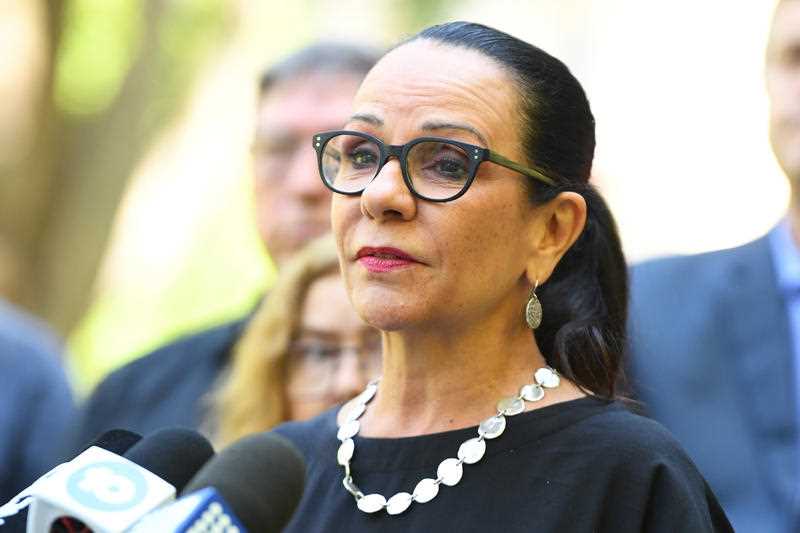

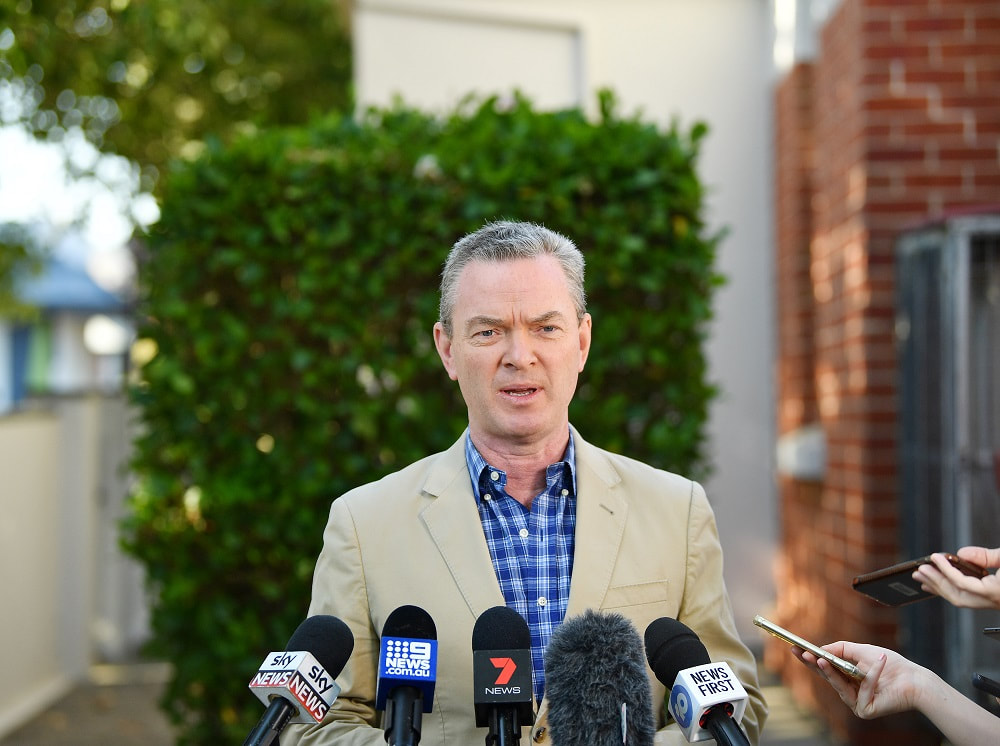
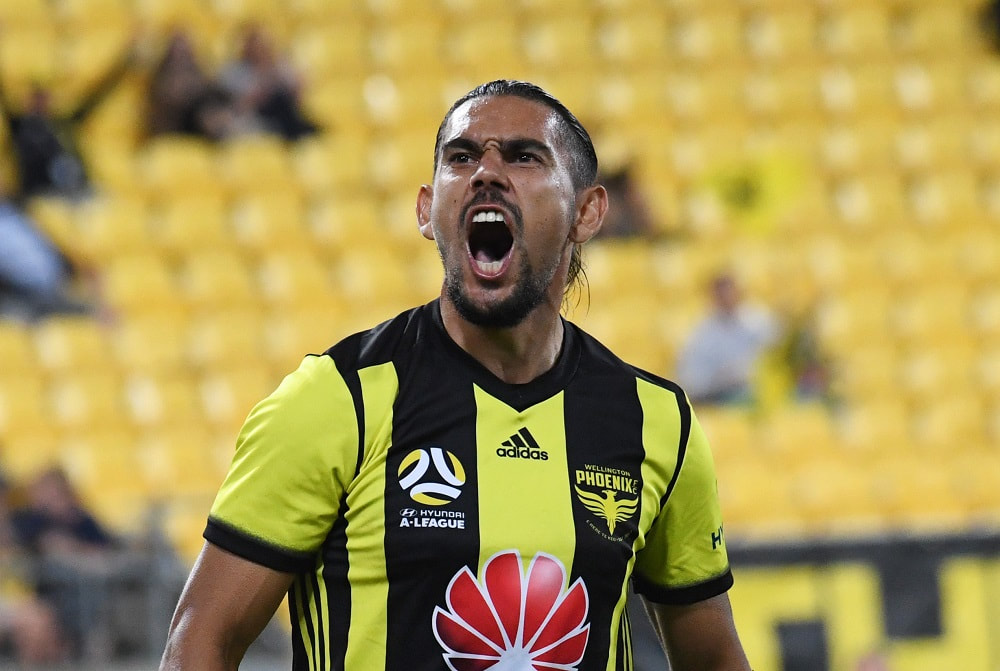
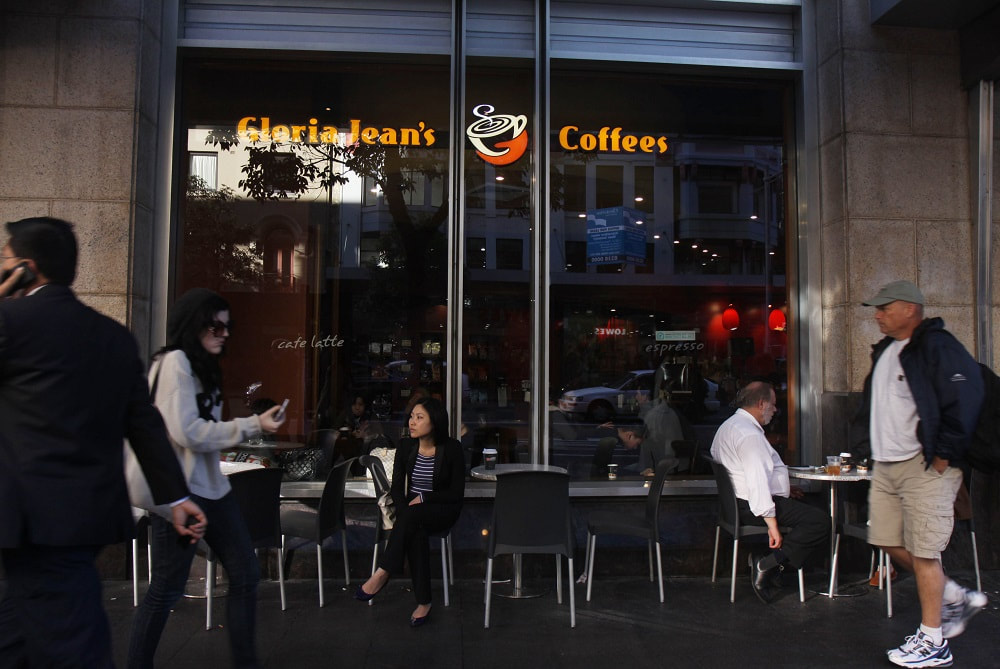
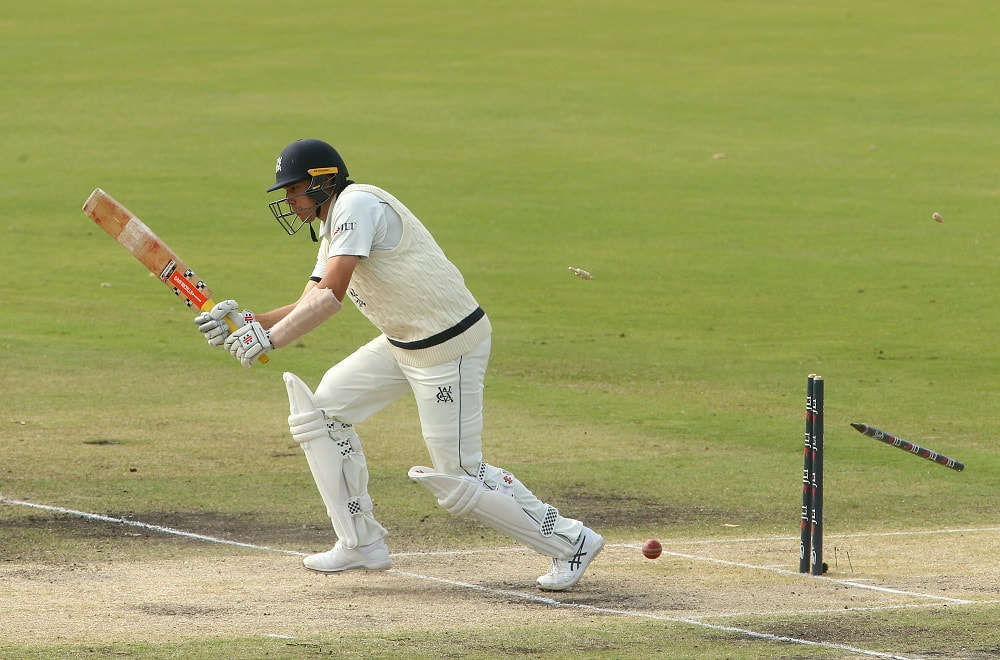
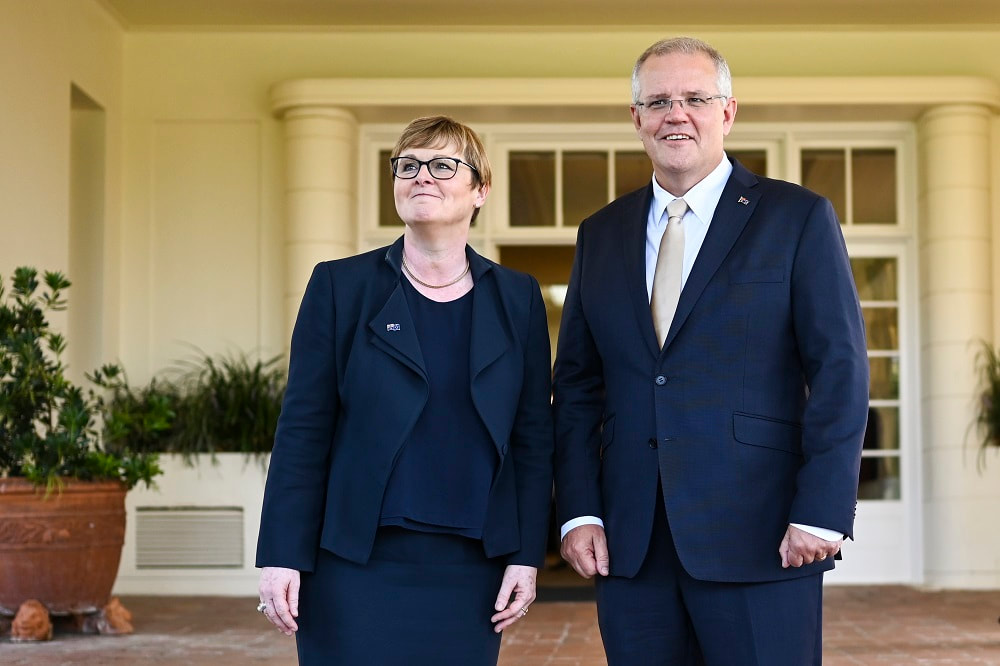
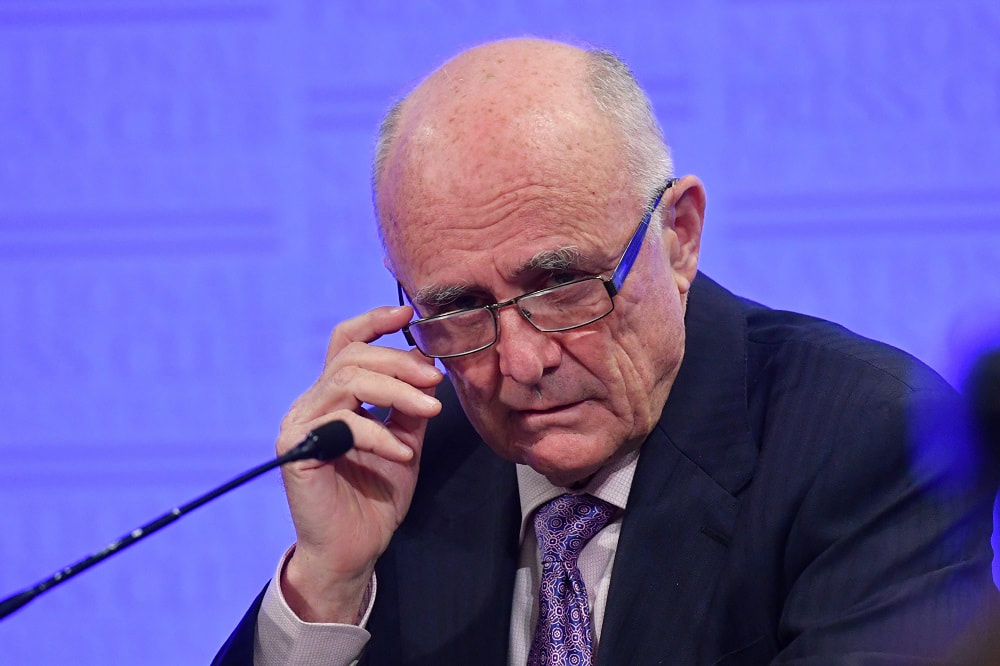
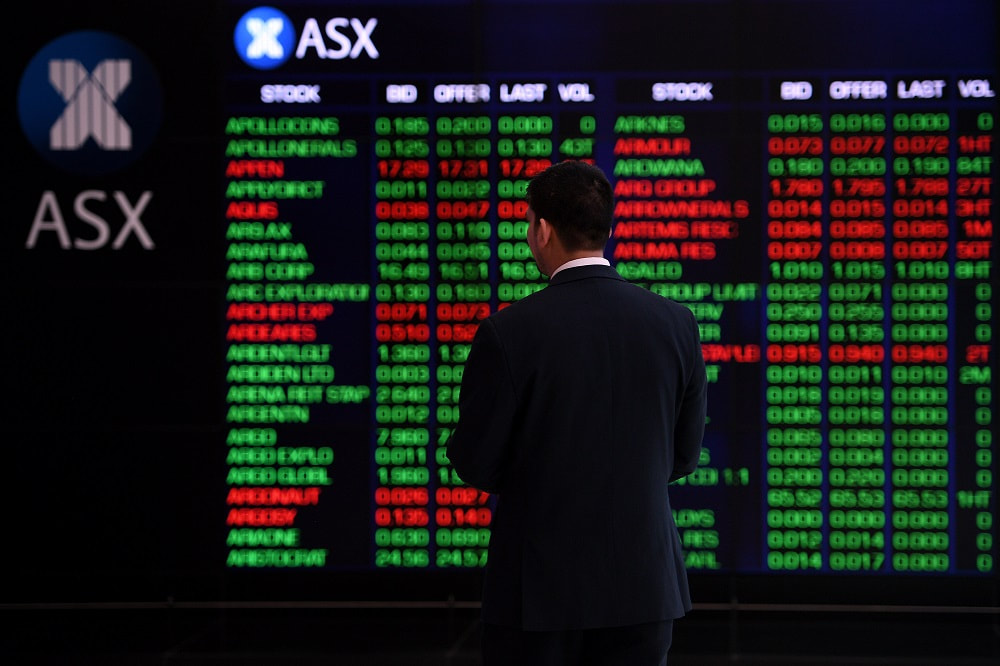
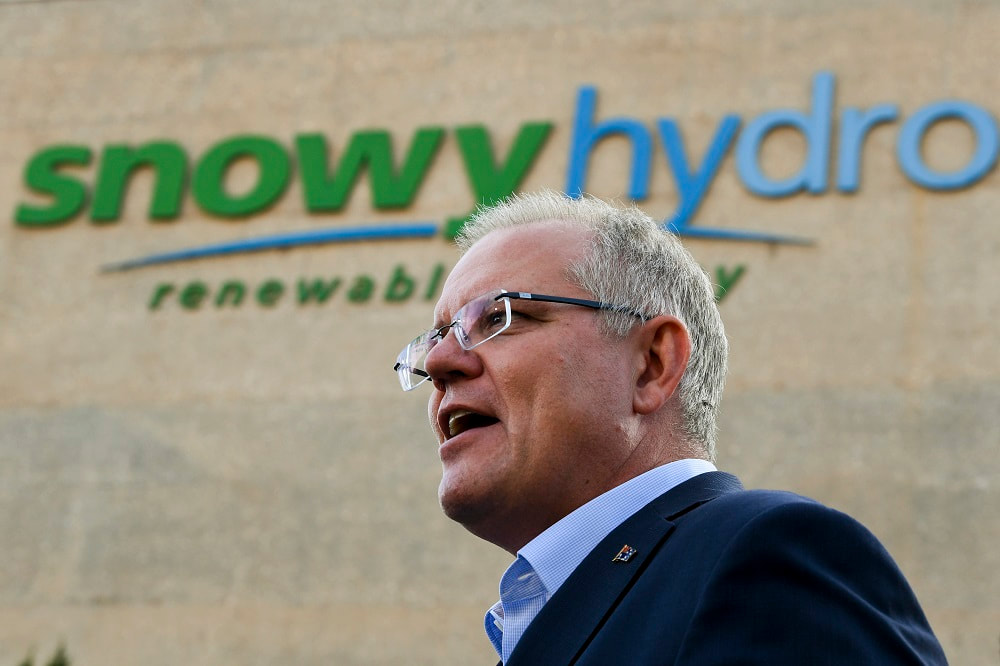
 RSS Feed
RSS Feed